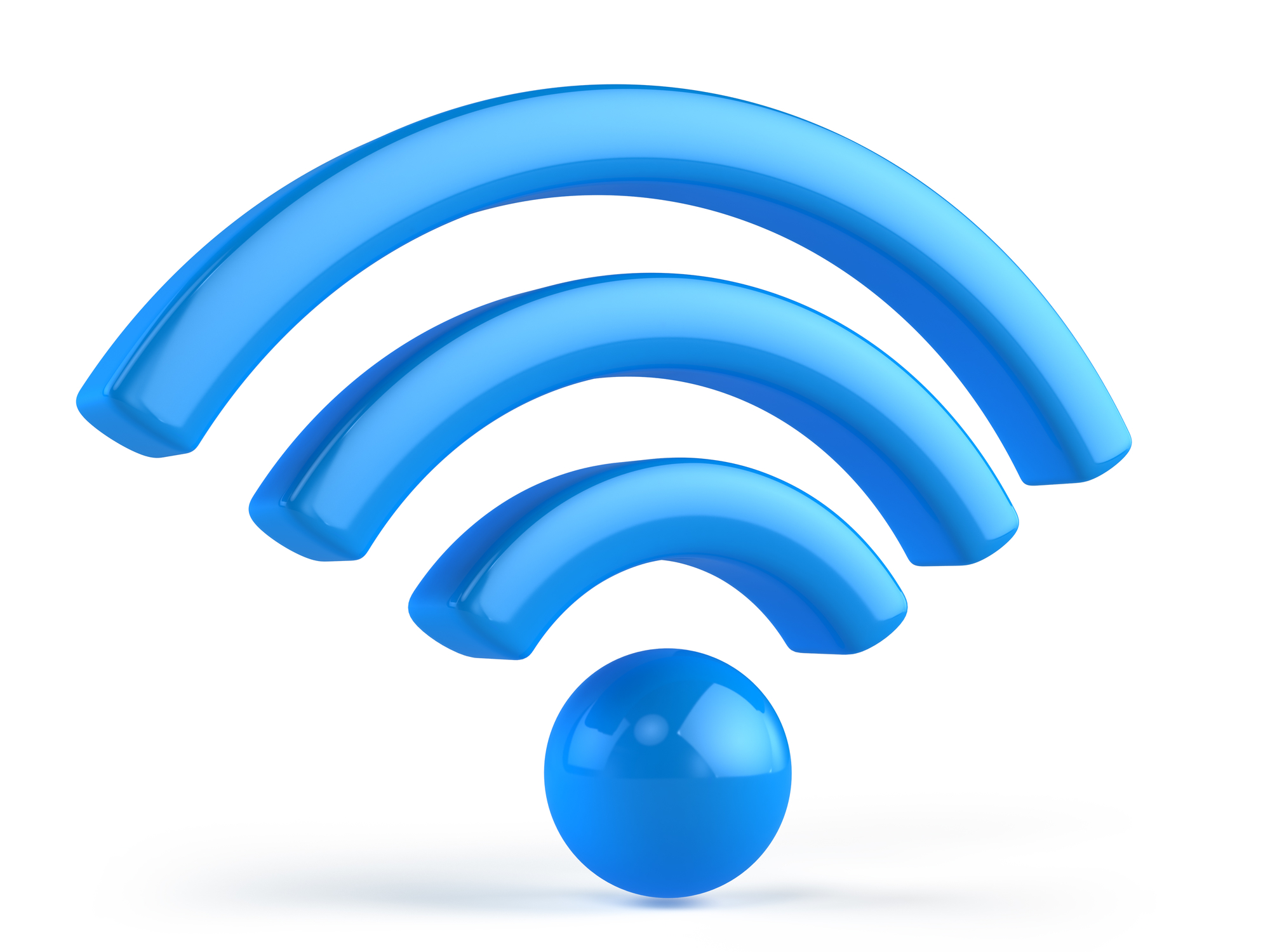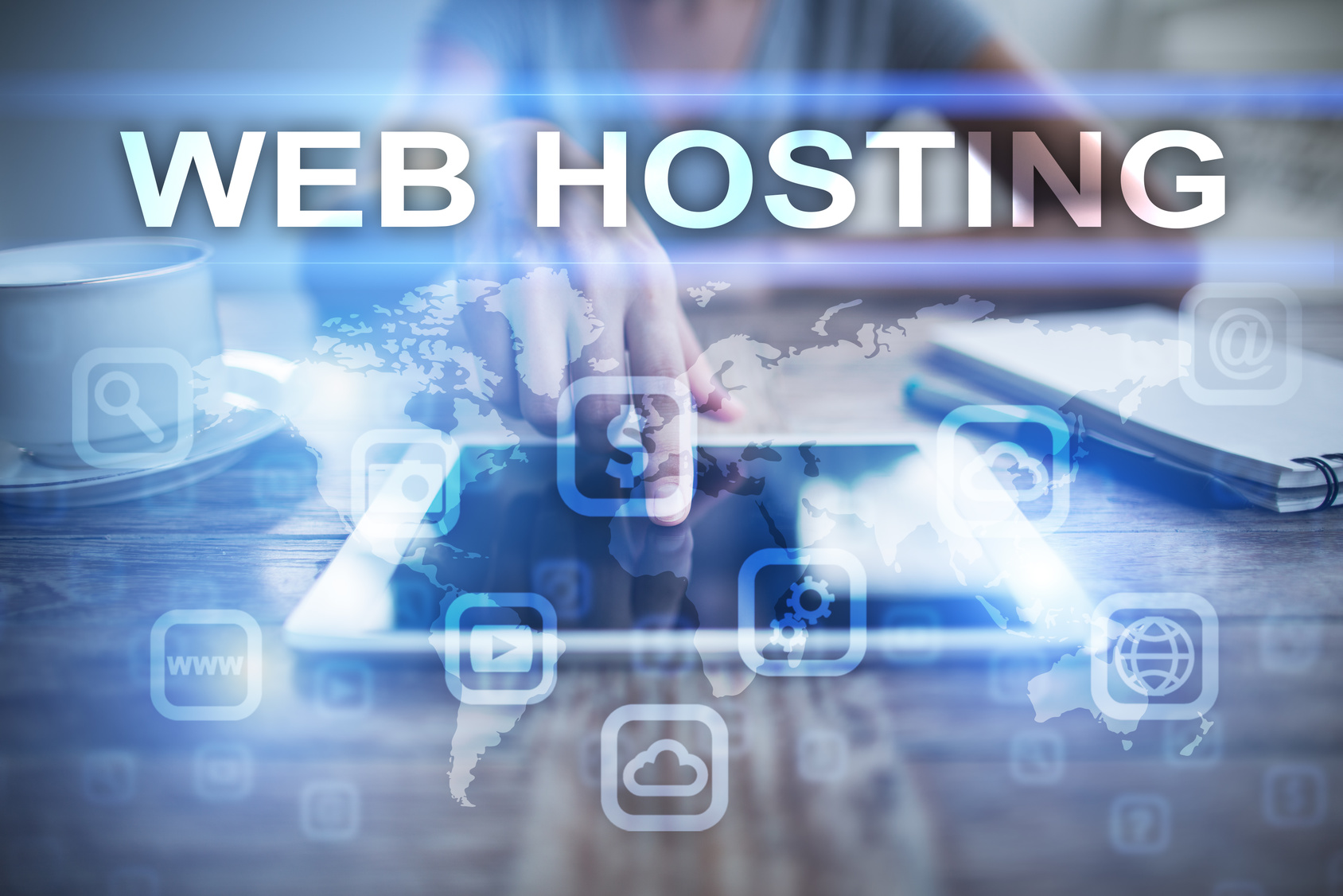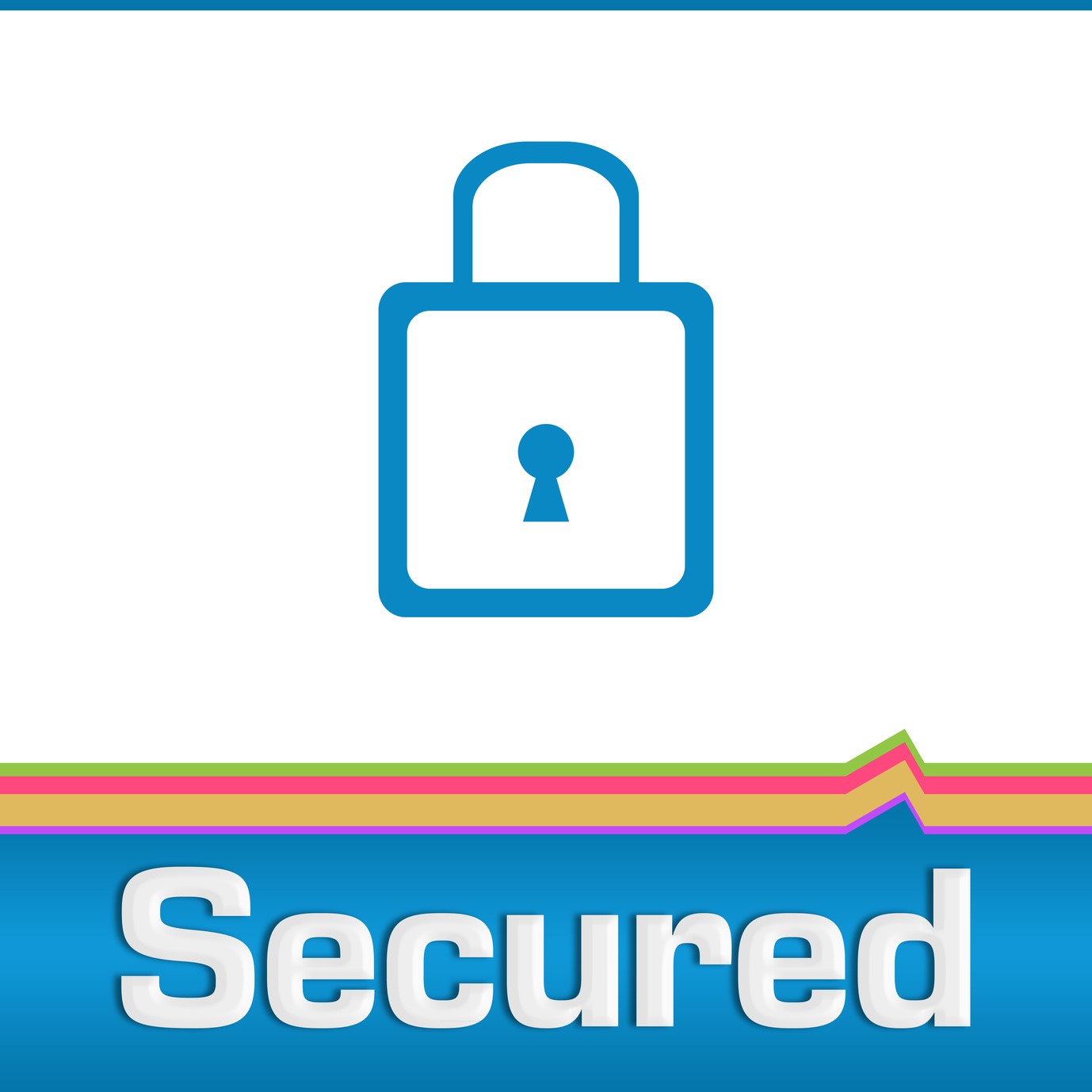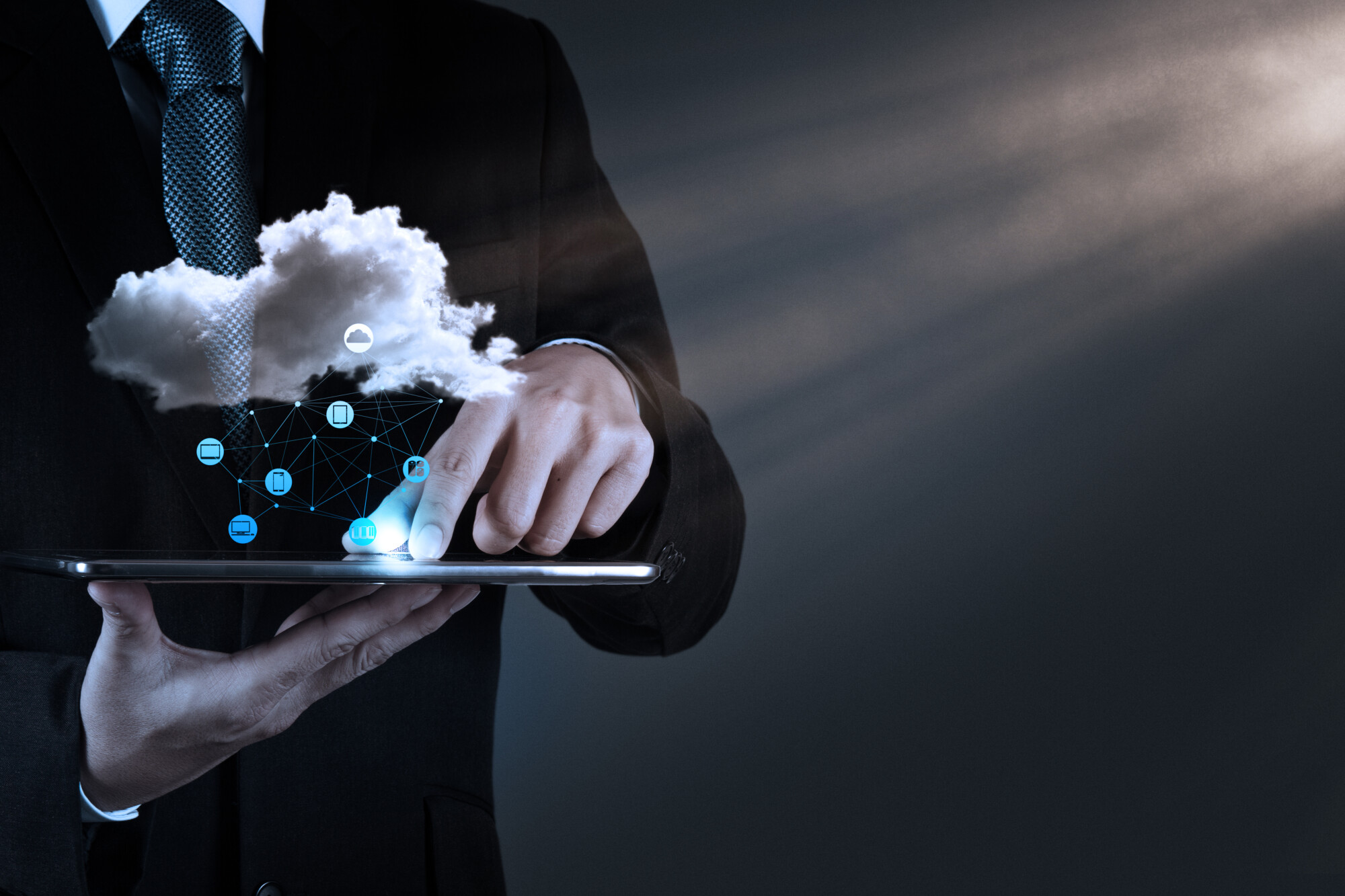With the Internet becoming more and more of a basic human right, many shops, restaurants, and even public transportation systems like New York’s MTA are providing free Wi-Fi to the public.
Initially, this might seem like a great advantage in this fast-paced society. But do public Wi-Fi networks put wireless security at a greater risk?
Let’s take a look.
What Risks Are Involved With Using Public Wi-Fi?
As with everything that’s free, there is a price to pay for public Wi-Fi. Just because while there’s not a physical theft of a cell phone or laptop doesn’t mean thieves can’t still steal personal and confidential information.
Here are a few problems with using a public Wi-Fi.
Snooping
Private Wi-Fi systems are encrypted. This means that a private password needs to be used to access any information.
No one except the user can view what information has been accessed.
Not so when using a public Wi-Fi system. There, anyone can see what unencrypted pages are being viewed. Additionally, no password is needed to access unencrypted pages. This means that anyone can see what information is typed in unencrypted forms.
Finally, anyone can see which encrypted sites have been visited
And there’s literally no way to know when or if someone is looking into that type of personal information.
It’s not like they have to look over a shoulder to do the spying. All they need is an unencrypted Wi-Fi and an unsuspecting victim.
Device is Compromised
When a person walks into a room and sneezes without covering their mouth, germs are spread. Something similar can happen when a compromised device is nearby. These devices can easily spread their infection to other laptops.
To avoid any problems, always select “Public Network” rather than “Home” to ensure no files or sensitive data is being shared.
Malicious Hotspots Galore
Just like spam e-mails that claim to be from the bank, a malicious hotspot can claim to be a legitimate Wi-Fi spot. It’s not always easy to spot the legitimate Wi-Fi spots from the malicious ones, either.
How to Keep Information Safe and Secure
Luckily, there are plenty of steps to take to ensure any device is always kept safe and secure.
One step is to rely on security experts, like those at OB One Communications, who will install a safe and secure wireless system so you never have to worry about your data being stolen.
There are a few other steps you can take to protect laptops, cell phones, and iPads.
Only browse encrypted sites using the HTTPS Everywhere browser extension – this can be enabled to ensure all sites accessed will automatically have this extension. Then, make sure all security patches and firewalls are up-to-date. Always use a VPN (virtual private connection.)
Next, turn off sharing in public spaces. To do this, go to System Preferences or Control Panel. Always remember to turn off Wi-Fi when not needed – this will also prolong the device’s battery life.
Keep in mind that you can always buy an unlimited Wi-Fi plan and never rely on public Wi-Fi again.
Lastly, implementing a two-factor authentication for sensitive sites will prevent malicious hackers from logging onto the site, even if they’ve somehow gained access to the passwords for those sites.




